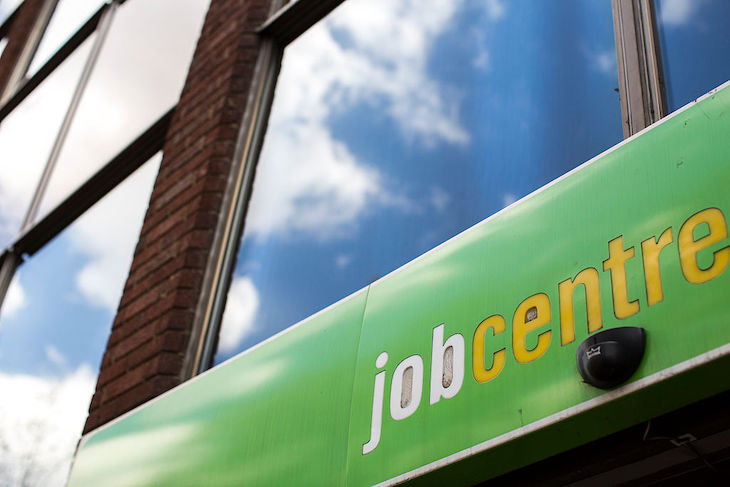The UK isn’t working. That’s the official view of the government as Keir Starmer launches his latest effort to get Britons back into work. A series of benefit changes intend to tackle the fact that Britain is the only major economy where the employment rate has fallen over the past five years, largely because more people are out of work due to long-term ill health. The ‘Get Britain Working’ white paper was published this morning, prior to a statement by Liz Kendall in the Commons this afternoon.
Kendall will have a tough time trying to get the UK back to work
The statistics speak for themselves. A record 2.8 million people are out of work due to long-term sickness. One in eight young people is a NEET – not in education, employment or training. Most alarmingly of all, the national bill for health and disability benefits is due to hit £100 billion by 2030. Given Rachel Reeves’s promise to the CBI yesterday that she will not be ‘coming back with more borrowing or more taxes’, getting a grip on welfare costs is the most obvious way to curb ballooning state spending.
Employment experts, business groups and trade unions have all welcomed the proposals. But a cynic might say that there is little to which they can object. As Ross Clark notes on Coffee House, ministers’ plans involve more carrots than sticks. There is no threat of sanctions but rather vague talk of Job Centres being ‘overhauled’. Plans to partner on apprenticeships with the likes of Channel 4 and the Premier League are a step in the right direction. Yet are they really enough to reverse the 50 per cent increase in the number of people claiming out-of-work benefits since the beginning of Covid?
Given the scale of the problem facing the UK, it’s no wonder that the Conservatives have been quick to condemn Kendall’s plans as insufficient. Helen Whately, Kendall’s opposite number, said that ‘there is no attempt to match the £12 billion in welfare savings we promised in our manifesto’ and claimed that the government ‘dodged the difficult decisions on sickness benefits’. It’s worth noting, of course, that under Rishi Sunak, Mel Stride was unable to make much of a dent in the benefits bill as the minister responsible for the DWP.
That the Tories were unable to stop the post-Covid benefits surge – combined with the mixed record of the likes of Peter Lilley, Frank Field and Iain Duncan Smith – suggests Kendall will have a tough time trying to get the UK back to work. To cure the new British disease, stronger medicine will be required than the remedies offered today.








Comments